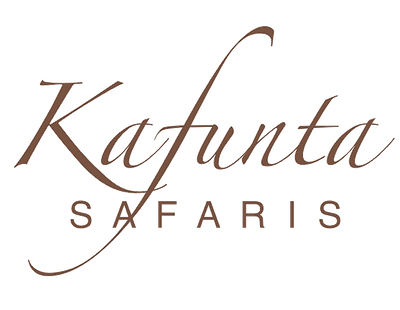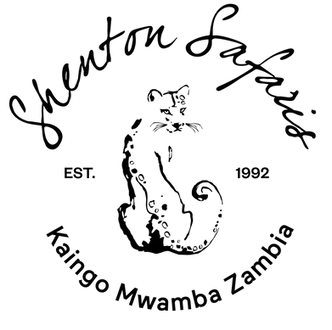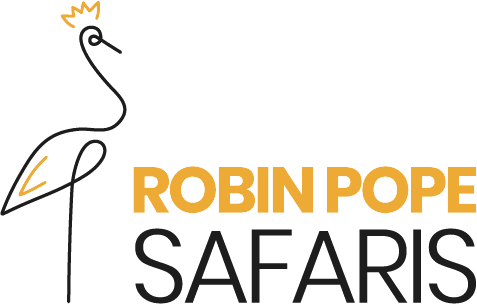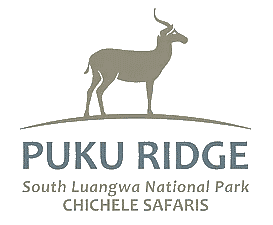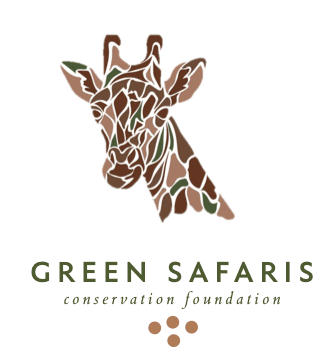Member Lodges & Partners
Our Member Lodges
The Luangwa Conservation and Community Fund (LCCF) was set up by a group of tour operators in South Luangwa in order to give back to communities and conservation through the proceeds of tourism. Without the wildlife and habitat in Luangwa, tourism would cease, destroying a wonderful and unique environment. Also, without involving local communities there would be no hope of protecting the Luangwa’s beauty for the future.
Members of LCCF commit to donating the following levies per guest, per night: $10-$20 on rates over $300, $7.50-$5 on rates under $299, $2 for room only and $1 for camping.
Through this fund, Project Luangwa is able to ensure that 100% of other donations go directly into our projects, reserving our funding for the children and communities who need it most.


